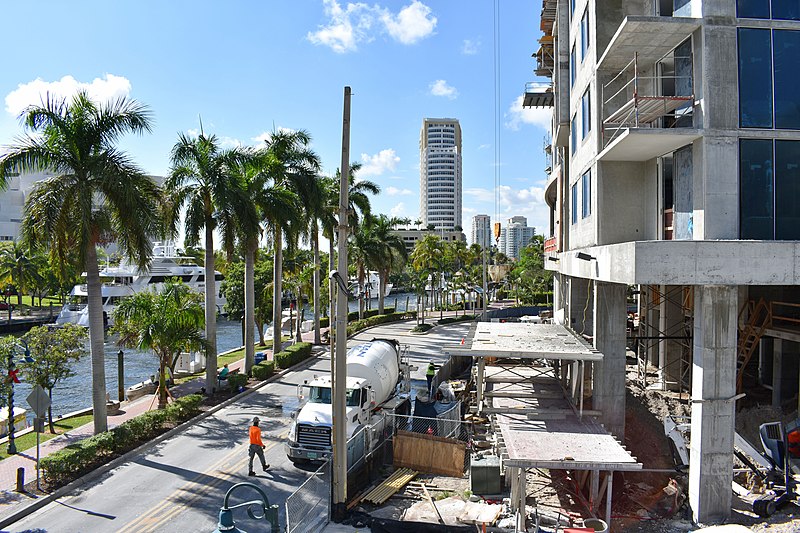The Sunshine State’s reputation for its progressive attitude toward public-private partnerships is set to evolve even further, with legislation taking effect in July that will make it easier for companies to submit unsolicited proposals for local government projects.
Beginning July 1, public entities will be able to accept unsolicited proposals from private companies without undertaking a public bidding or solicitation process. If selected, the private company soliciting the proposal will be allowed to ultimately own its project — another change from the previous law.
“The company submitting the unsolicited proposal still has to submit everything they did before to comply with the P3 statute,” Jennifer Drake, an attorney with Becker and Poliakoff in Fort Lauderdale, Florida, told Government Market News. “The difference is that once the municipality accepts the project, they don’t have to do all the work to submit it and potentially be outbid.”
Under the new law, local governments in Florida will hold two public hearings. Officials will take a vote. If the vote passes, a local government can then go with the company that pitched it, provided all requirements are met.
States such as Pennsylvania, Texas and Colorado have laws on the books that are considered among the most favorable for companies submitting unsolicited proposals to local governments, but Florida’s latest amendment to its unsolicited P3 proposal law is unprecedented.
Thirty-eight states have P3 laws on the books, but just 31 allow companies to submit unsolicited bids. All states with P3 laws currently require local governments to seek bids for the project.
P3s are being used to build several large projects in Florida, including a water treatment plant in Fort Lauderdale and a soccer stadium in Miami.
“This came about because the Florida legislature is very business forward, business friendly and the P3s hit a tipping point,” Drake said, noting that an advantage of the state’s amended P3 law is that municipalities can use it in lieu of their local laws. “The legislature is making the process for permitting easier.”
Drake said her firm helped shepherd the writing and passage of the amended P3 law and noted that it was beneficial to both municipalities and developers.
“There’s a developer, an engineer, a lawyer and a consultant on a big project, and the thing is, a developer could spend hundreds of thousands and up to millions on a proposal and still go in and lose,” Drake said. “From the municipality’s point of view they are [also] saving time and money.”
Under the current P3 Law, if a public entity seeks to execute a comprehensive agreement for a project arising from an unsolicited proposal, it must first publish notice in the Florida Administrative Register and a newspaper of general circulation, as well as mail a copy of the notice to each local government in the affected area that states it has received a proposal and will accept other proposals for the same project.
The duration for accepting additional proposals must range from 21 days to 120 days, unless an alternative time frame is approved according to the P3 Law. After the public notification period has expired for an unsolicited proposal, the public entity ranks the proposals received in order of preference and may then begin negotiations for a comprehensive agreement with the highest-ranked proposer.
Under the revised P3 law:
- Public entities must hold an initial duly noticed public meeting at which the proposal is presented, and affected public entities and members of the public are able to comment. A second public meeting must be held in which the public entity must determine if the proposal is in the public interest.
- The public entity must publish a report in the Florida Administrative Register for at least seven days that includes the public entity’s public interest determination and addresses the factors considered in making the determination. Factors include benefit to the public; financial structure and economic efficiency; the proposer’s qualifications, experience and ability; and the compatibility of the proposal project with regional infrastructure plans.
- If the public entity will not own the unsolicited proposal project within 10 years after the initial public operation of the project, the public benefits apart from ownership must be stated in the public interest determination.

Photo by Tamanoeconomico











